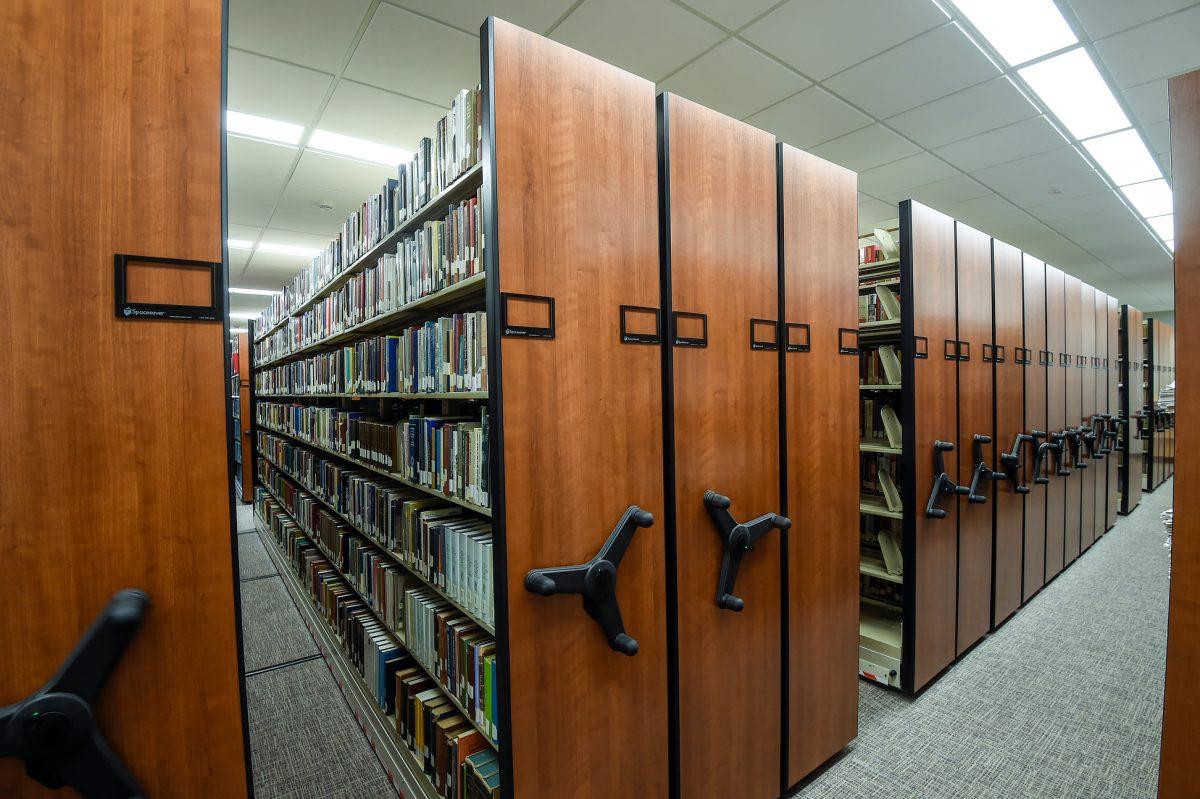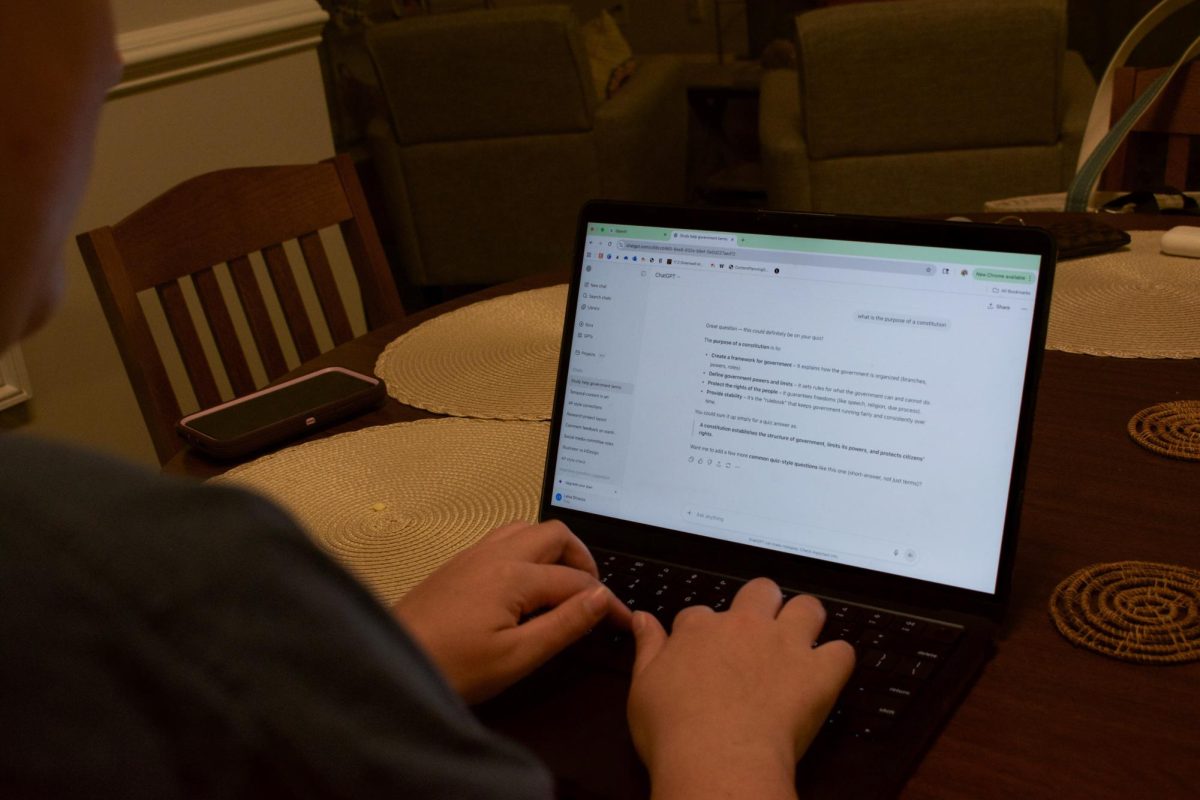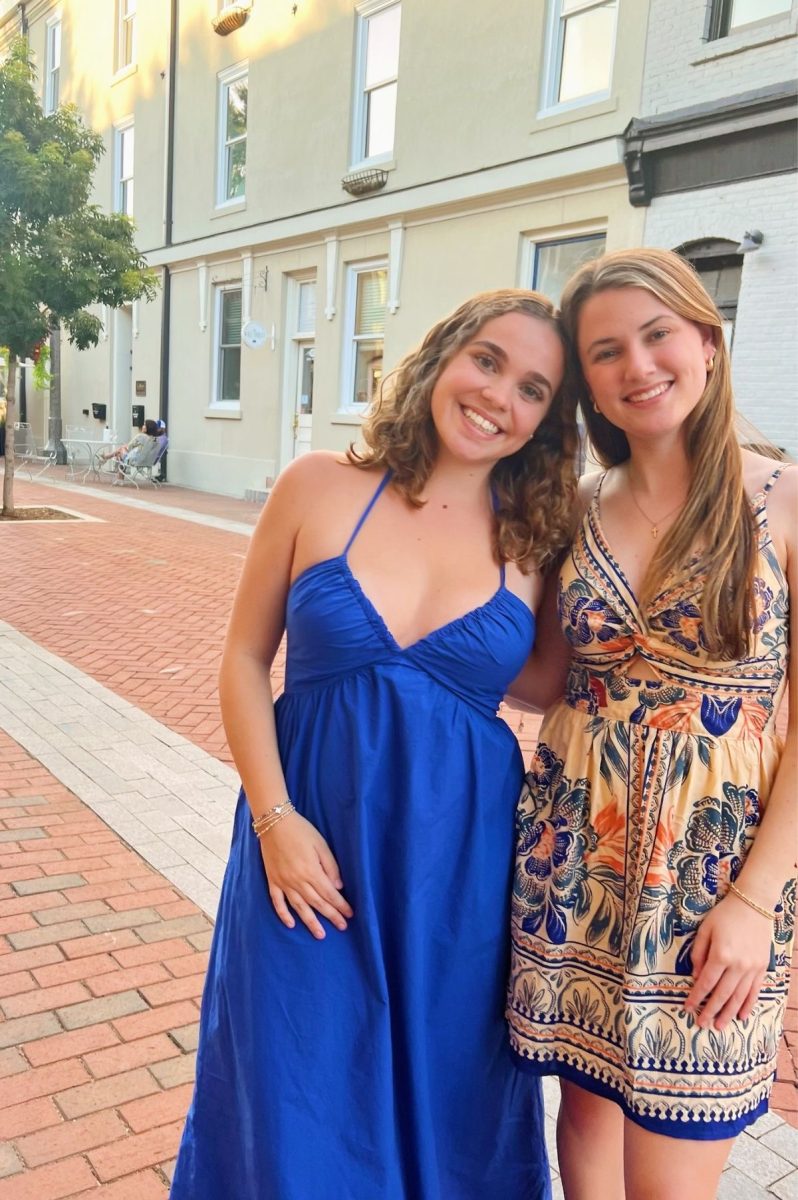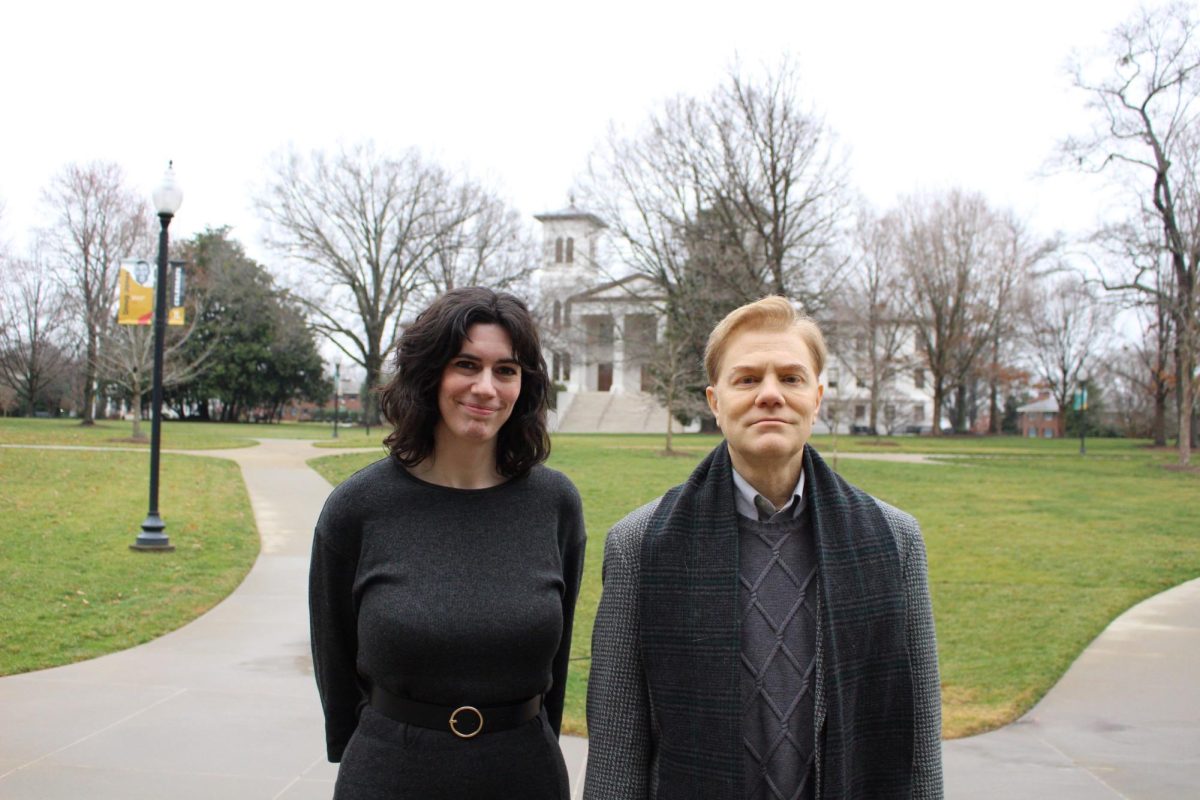Censorship and banning of books have long been discussed among Republican-led states over the last few years.
This trend is largely fueled by online activity on social media sites such as Twitter and Facebook.
The South Carolina state legislators are currently considering a law that would give criminal liability to those that distribute materials to those 17 or under that can be broadly deemed as “harmful to minors.”
Wofford’s Dean of the Library Lisa Roberts is concerned by how broad the application of the law could be and especially how much it could change and hinder the function of higher education and college libraries.
“This bill does not recognize the purpose of college and university library collections, nor does it honor our professional commitment to intellectual freedom,” Roberts said.
While up until now law has generally regarded the profanity of a piece of art as a whole, Roberts states that this law would change that consideration to be more specific.
“(It would include) any portion which it defines as a picture, drawing, video recording, film, digital electronic file, word, gesture, portion of a performance or other depiction,” Roberts said.
The bill would also add new profane language to the list of what would be considered profane compared to the already existing federal and state profanity law.
As this is a criminal law, Roberts acknowledges that the law, if passed, would not have any private/public distinction like education law would have.
“The bill specifically removes protection from criminal prosecution for museum, public, school, college, or university library employees carrying out a legitimate duty of our employment,” Roberts said.
The bill’s specific criminal guidelines state that “a person who violates this section is guilty of a felony, and upon conviction, must be imprisoned not more than ten years or fined not more than $5,000.”
South Carolina is one of six states that includes college and university-level librarians, and Roberts believes that this will alter the way higher education functions.
Roberts fears that this law will cause colleges to restrict early enrollment or dual enrollment for students under the age of 18.
Libraries may also switch to requiring age identification to protect against lawsuits and criminal imprisonment of librarians. For Roberts and many other librarians, throwing out books within the college library that could be deemed profane would be a great cost to the college.
“This bill would strike out consideration of literary, artistic or political value, and limit the consideration of scientific value to ‘the teaching of age-appropriate sex education and human biology curriculum’ for minors,’” Roberts said.
Because any part of a work of art or literature could lead to a suit, every area of study will likely be affected by a ban such as this. The bill would also change the information new students come into Wofford having learned as well as the amount of information students have readily available.
As the bill is still moving through the legislative process, there are many organizations watching the bill such as the South Carolina Library Association (SCLA) and the South Carolina Association of School Librarians (SCASL).
Students interested in learning more about this or similar bills can sign up for alerts from both SCLA and SCASL, or can follow the Sandor Teszler Library on Instagram.
The library will also offer on-campus information sessions later in the semester.

































